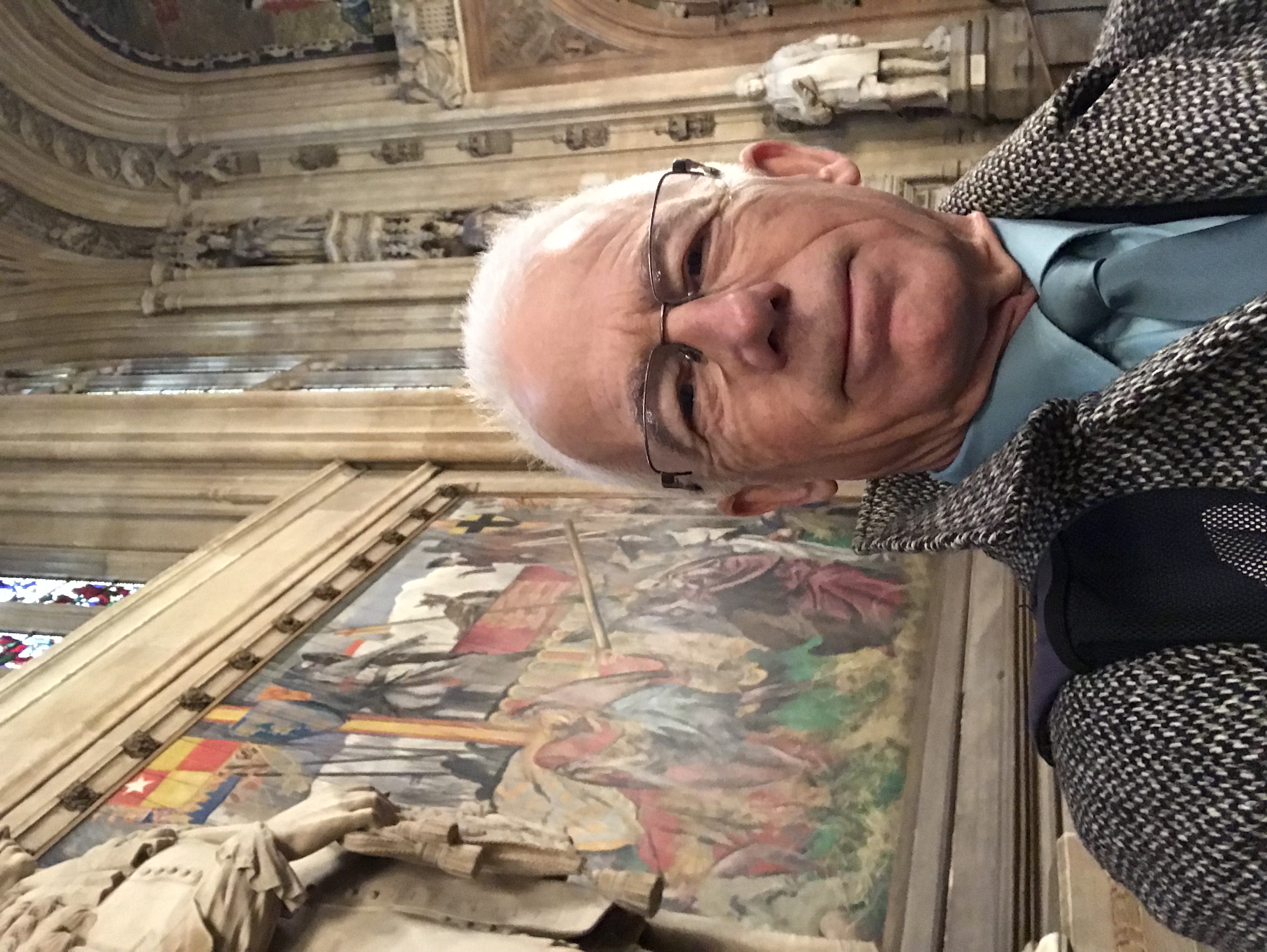Can democracy save us?
Published in June Parish News
I am getting increasingly concerned that democracy is incapable of addressing climate change. It has a spectacularly long record of failing to do so!
It is 30 years since 154 states at the United Nations signed an international treaty to combat “dangerous human interference with the climate system,” and 33 years since Margaret Thatcher delivered her famous speech to the UN on Climate Change[1]:
“What we are now doing to the world, by degrading the land surfaces, by polluting the waters and by adding greenhouse gases to the air at an unprecedented rate—all this is new in the experience of the earth. It is mankind and his activities which are changing the environment of our planet in damaging and dangerous ways.
“Our ability to come together to stop or limit damage to the world's environment will be perhaps the greatest test of how far we can act as a world community,” she said. “We shall need statesmanship of a rare order.... so that we do not live at the expense of future generations,”
It was a brilliant speech, informed by her scientific background and clear grasp of what the evidence was telling us. But nothing happened. A third of a century later we are still pouring greenhouse gases into the atmosphere at a rate of over 36 billion tonnes a year[2] and holding conferences where there is much posturing but negligible substantive agreement.
Rather than blame the negligence of successive political leaders, though, shouldn’t we recognise that there is something inherent in democracy itself that is incapable of effective action?

Politics around the world is totally lacking in ‘Cathedral Thinking’. Great civilizations build for great time frames, way beyond the economic or pragmatic needs of the present. Our church is an example. Elected politicians, however, are compelled to think in very short time frames; specifically, the desire to get re-elected in 4-5 years’ time. They prioritise the issues they hear on the doorstep, and climate change doesn’t feature there.
This leaves the interests of future generations unrepresented, neglected and abused. Successive governments have kicked the challenge into ‘the long grass’ rather than take actions that might prejudice their electability, during which time the crises have become deeper, more dangerous and far more expensive to fix.
Professor Rebecca Willis has interviewed MPs extensively as part of her research[3]. She found that although they accepted the science of climate change, most showed a reluctance to discuss the far-reaching implications for human society. ‘Taking an active role on climate doesn’t fit current institutional norms.’ ‘If you are too forthright you may not be seen as a suitable candidate for ministerial office.’ Politicians appear to be presenting climate change as ‘a relatively unthreatening, manageable problem,’ and although their position is not supported by science, ‘climate change deniers have a solid foothold in mainstream politics.’ A form of ‘socially organised denial’ is operating, where politicians play down the depth and extent of the crisis, so their electorate assume that the crisis cannot therefore be very real.
To effectively address the Climate and Environmental Crises we are going to need deep seated reform to the way our system of government operates. There is very little chance of that, but since the House of Lords is long overdue to complete its reform, maybe we could make a start there?
Wouldn’t it be great if the House of Lords were a more democratic institution? But if it were, how could we avoid introducing the short-term mindset that has hitherto prevented effective action on Climate Change?
I have a cunning plan for that....
[2] https://www.iea.org/news/global-co2-emissions-rebounded-to-their-highest-level-in-history-in-2021
[3] Rebecca Willis, Too Hot to Handle 2020
